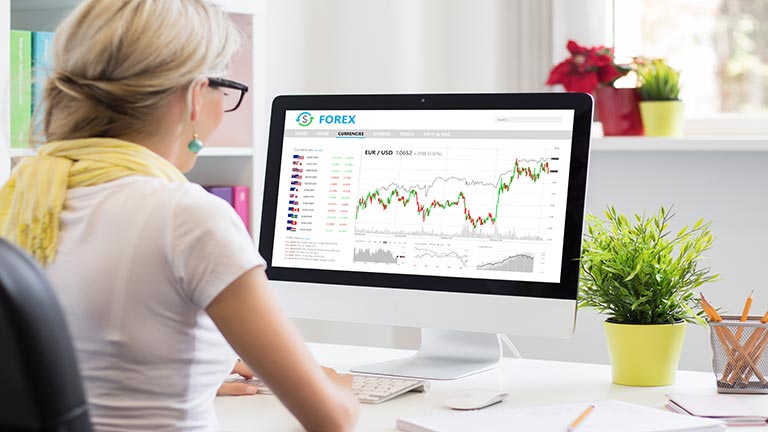The Psychology of Forex Trading: Mastering Your Emotions

By Dale Gillham
Forex trading is not just about technical analysis and market trends; it's also heavily influenced by the trader's psychological state. Mastering your emotions is crucial for making rational decisions and achieving consistent success in the forex market. This article explores the importance of trading psychology and offers strategies to help you manage your emotions effectively.

The role of emotions in Forex trading
Emotions play a significant role in trading decisions. Fear, greed, excitement, and frustration can all impact your ability to make rational decisions. Understanding how these emotions affect your trading is the first step towards mastering them.
Fear
Fear can cause traders to hesitate or avoid taking trades altogether, leading to missed opportunities. It can also prompt premature exits from profitable trades due to the fear of potential losses.
Greed
Greed drives traders to seek excessive profits, often leading to over-trading or holding onto positions longer than necessary. This can result in significant losses when the market moves against them.
Excitement
Excitement can lead to impulsive trading decisions without proper analysis. While trading should be engaging, overexcitement can cloud judgement and lead to mistakes.
Frustration
Frustration from consecutive losses or unfulfilled expectations can lead to revenge trading, where traders try to recoup losses quickly. This often results in further losses and increased frustration.
Strategies for mastering your emotions
Develop a trading plan
A well-structured trading plan acts as a roadmap, guiding your decisions and reducing emotional influence. Your plan should include entry and exit strategies, risk management rules, and specific trading goals.
Practice discipline
Discipline is key to sticking to your trading plan and avoiding impulsive decisions. Set clear rules for each trade and adhere to them, regardless of market conditions or emotional impulses.
Use risk management techniques
Effective risk management helps mitigate emotional reactions to losses. Techniques such as setting stop-losses, limiting position sizes, and diversifying trades can protect your capital and reduce stress.
Maintain a trading journal
Keeping a trading journal allows you to reflect on your trades, identify emotional triggers, and learn from past mistakes. Documenting your trades helps you recognise patterns in your behaviour and make adjustments.
Take breaks
Taking regular breaks from trading can help you maintain emotional balance. Stepping away from the screen allows you to clear your mind, reduce stress, and return with a fresh perspective.
Practice mindfulness and relaxation techniques
Mindfulness and relaxation techniques, such as meditation and deep breathing exercises, can help you stay calm and focused. These practices reduce stress and improve emotional regulation, enhancing your decision-making ability.
Avoid overtrading
Overtrading is often driven by emotional impulses. Stick to your trading plan and avoid making unnecessary trades. Quality over quantity should be your guiding principle.
Building a resilient trading mindset
Accept losses as part of trading
Losses are inevitable in trading. Accepting them as part of the process helps you stay focused on long-term success rather than getting bogged down by short-term setbacks.
Focus on process, not profits
Concentrate on following your trading plan and making sound decisions rather than fixating on profits. A process-oriented approach leads to consistent results over time.
Seek continuous education
Continuously educating yourself about the forex market and trading strategies helps build confidence and reduces the impact of emotions. Stay updated with market news, enrol in a trading course, and learn from experienced traders.
Mastering your emotions is a crucial aspect of successful forex trading. By understanding the role of emotions, implementing effective strategies, and building a resilient mindset, you can enhance your trading performance and achieve long-term success. Remember, trading is as much a psychological game as it is a technical one. Embrace the journey of mastering your emotions and watch your trading skills improve.






